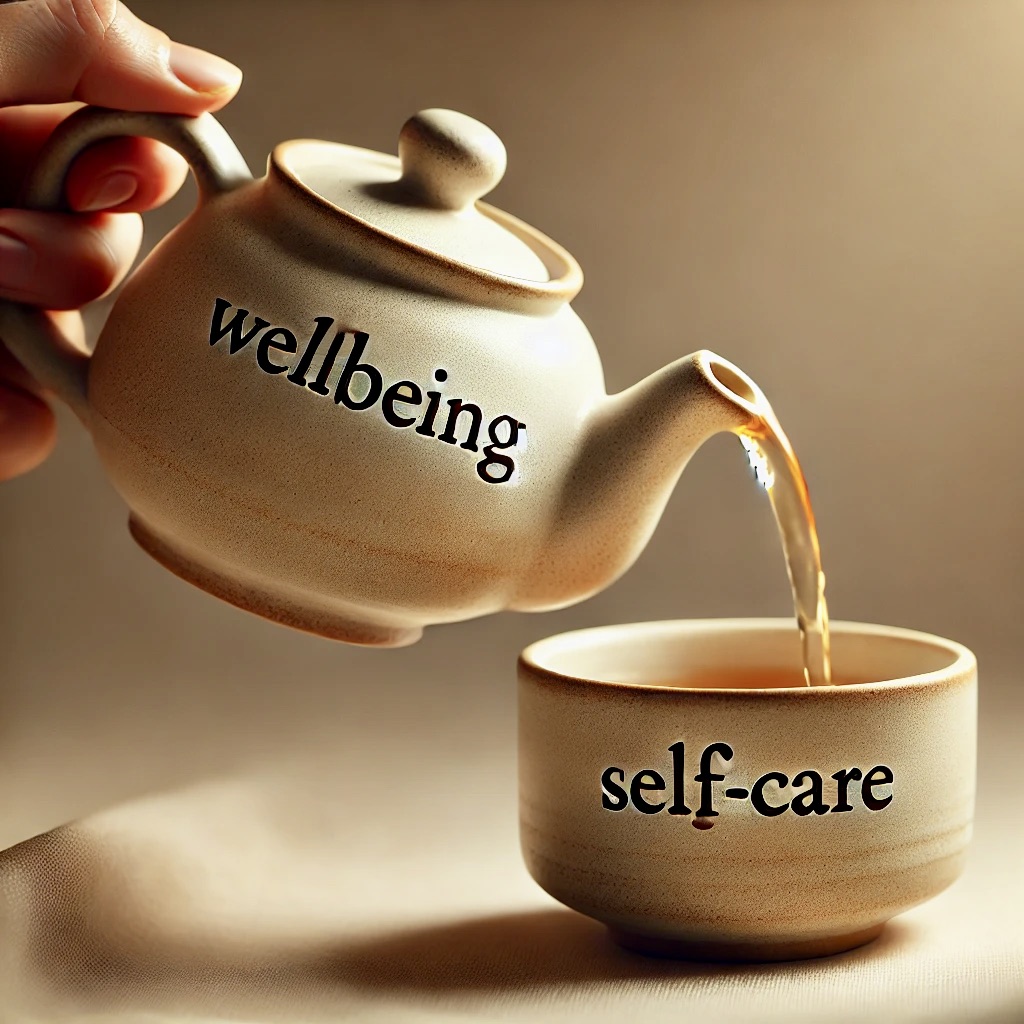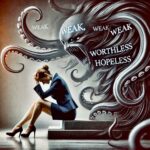Being a loser at weight loss makes you a winner – or does it?
Beware the cost that diet culture exerts on your body

Being a loser at weight loss makes you a winner – or does it?
Nobody likes being told, “You’re a loser.” The word “loser” immediately conjures up feelings of inadequacy, failure, and shame. The only place I can think of where “a loser” is considered noble and revered is in diet culture and the weight loss industry, where “loss” is even in the name.
If you’re not enough of a loser regarding weight, diet culture’s messaging asserts you’re a failure and should feel a torrent of negative emotions. Weight loss programs that celebrate their members’ weight loss at meetings automatically make those who have failed to register a lighter weight feel ashamed and depressed. The intention is to motivate everyone to “be good” at losing in order to be celebrated, but shrinking our bodies isn’t easy. Many of us have repeatedly tried to be losers, but nature has other ideas, such as keeping us alive. The human body is not meant to live in a state of starvation; it is counterintuitive to survival.
I was a loser week after week, even after I reached my arbitrary “goal weight.” I liked being a loser so much that merely maintaining the goal weight wasn’t good enough.
I had to lose more—and more.
I didn’t notice as time went on that something nefarious was taking hold of me, more than it had in the younger decades of my life.
Shrinking my body or keeping it small had been a goal “forever”. A classmate handed out Fruit Stripe chewing gum sticks in third grade as his birthday treat. Since we weren’t allowed to chew gum in school, I figured out how to chew my stick of gum by quietly opening the foil, breaking off a tiny piece, and sneaking it into my mouth. The piece was so small, and I was so afraid of my teacher catching me breaking a rule that I’d swallow the gum almost immediately. For whatever reason, I soon realised that if I swallowed gum, it might stick my insides together, and I’d be thinner.
My weight had never been an issue, so I have no idea why becoming thinner appeared on my radar. I can’t recall if I shared this theory with anyone, but if I did, nobody was concerned. After all, I was only eight years old.
Over the years, I tried various diets and fads to make my body smaller and to be a successful loser; 2002 was a standout as my best year for losing. Losing more weight than I “needed” to—I now know that I didn’t need to lose any—and maintaining that loss for nearly 20 years was addictive and empowering. I thought I’d conquered the mystery of weight loss with which many others struggled. I didn’t care that I was constantly hungry, preoccupied and light-headed most of the time because I was THIN. I was smaller than I’d been in middle school, which I saw as a triumph.
I had arrived; I was a successful, long-term loser.
The eating disorder (ED) that ruled my life for many years was diagnosed in 2020 during the COVID-19 pandemic. To this day, I don’t know what prompted me to schedule an ED assessment, but I’m deeply grateful for it. I’d suspected I had an ED but never wanted to find out because I liked being thin. I enjoyed being a loser.
I didn’t want to be told I had to change my behaviour because it had made me feel successful and proud. I also feared that by recovering and restoring the weight, I’d lose something: the love and respect of those around me. I’d also lose my identity of being called teeny-tiny and itty-bitty, terms that made me feel validated and envied. By gaining weight, I’d become a different type of loser, and I felt terrified.
Restoring weight helps to restore overall health
Under the guidance of my treatment team’s expertise and care, something amazing happened. I stopped losing weight and focused on restoring not only weight but other things as well. With compassionate guidance, I learned to trust my body to care for me; I no longer had to control its shape to fit an image in my mind.
I also learned of things I’d lost during those years when being a loser was my prime goal in life. Not only had I lost weight, but also bone density, something I’m working on rebuilding with medication. I suspect several other medical issues also correlate my ED, one of which could have caused the ultimate loss of my life. Because my ED had not been diagnosed or even considered at the time of that health crisis, it was not deemed to have a connection.
Becoming a successful loser to be smaller on the outside also affects our bodies on the inside, something I’d never thought about before. Weight loss also causes muscle loss everywhere, even in our hearts. While in the throes of an ED, it’s easy to ignore the damage going on internally because the ED loves to distract and lie, making the goal of thinness all that matters. The ED doesn’t want us to think about how future health could be affected because its sole focus is the here and now—not eating that meal, fitting into those skinny jeans, going below that number on the scale. EDs are ruthless and relentless.
…with my ED, I could never feel content.
I now fight against diet culture’s message that losing is a good thing in order to protect my physical and mental health. By chasing that dream for many years, I lost more than weight—I lost confidence, health, strength, compassion for myself and others, freedom, and time I’ll never get back—so much time. The ED would have me believe that by following its rules and only by being thin, I’d have all of those lost things and more, but that’s not true. In a haze of constant, gnawing hunger, my dissatisfaction with myself only increased no matter how much my weight had fallen; with my ED, I could never feel content.
Today, I care for and respect my body, my friend
Recovery has shown me that by ceasing to lose weight, I have gained more than I could have if I had remained in the grasp of the ED. My body is not as small as it was, but it’s stronger and healthier, which I appreciate daily. My body is no longer an enemy; it is my friend, and I give it the care and respect it deserves.





